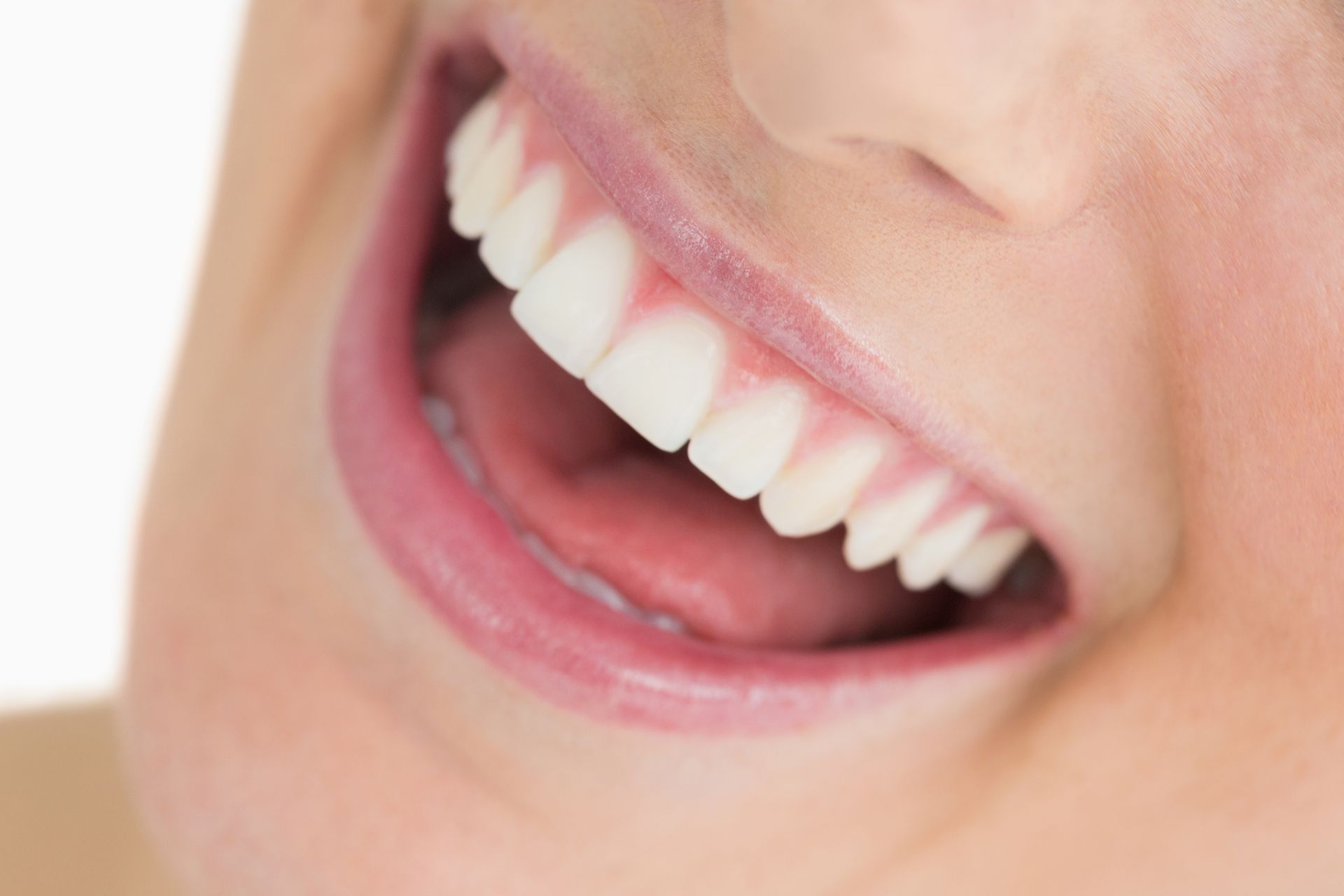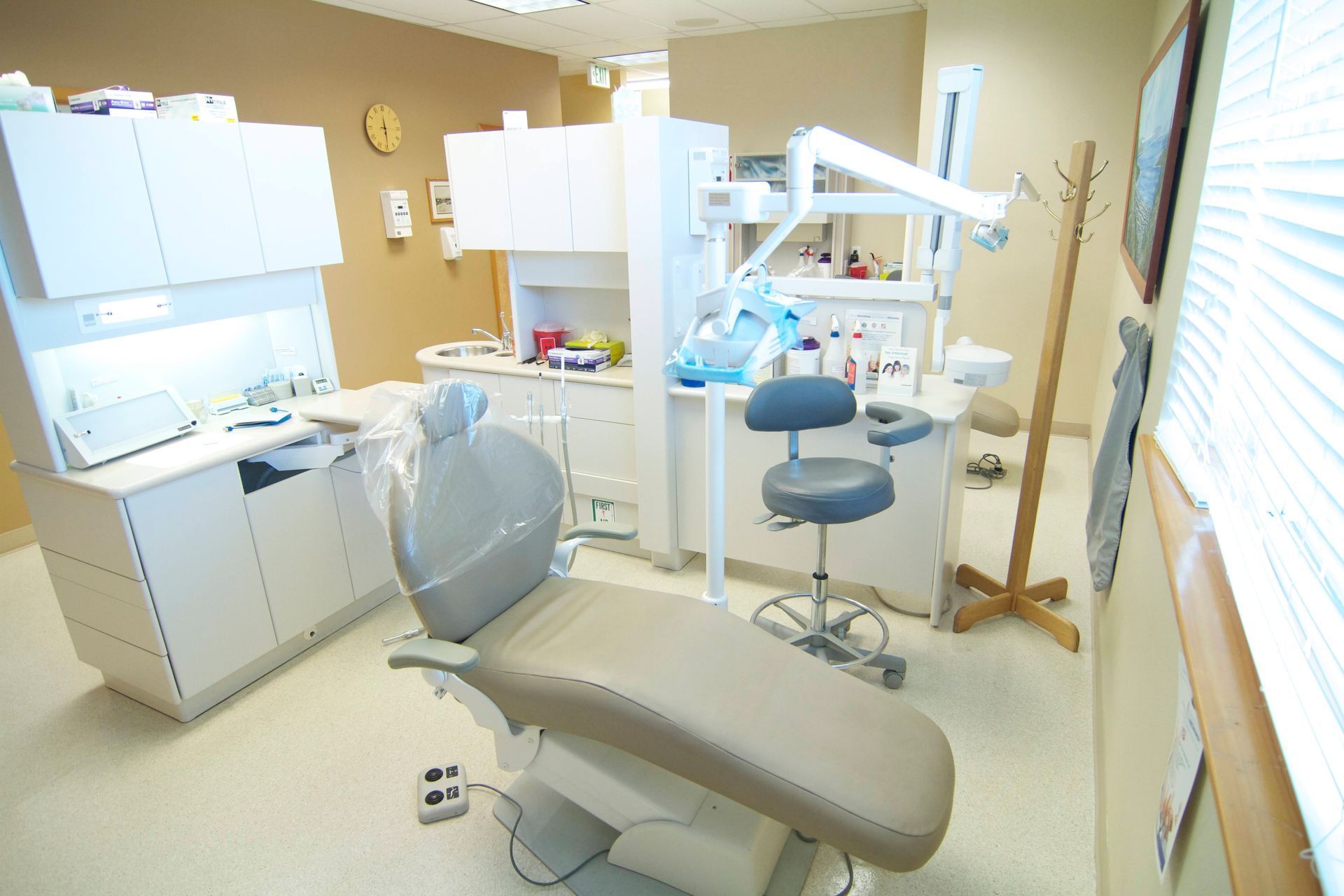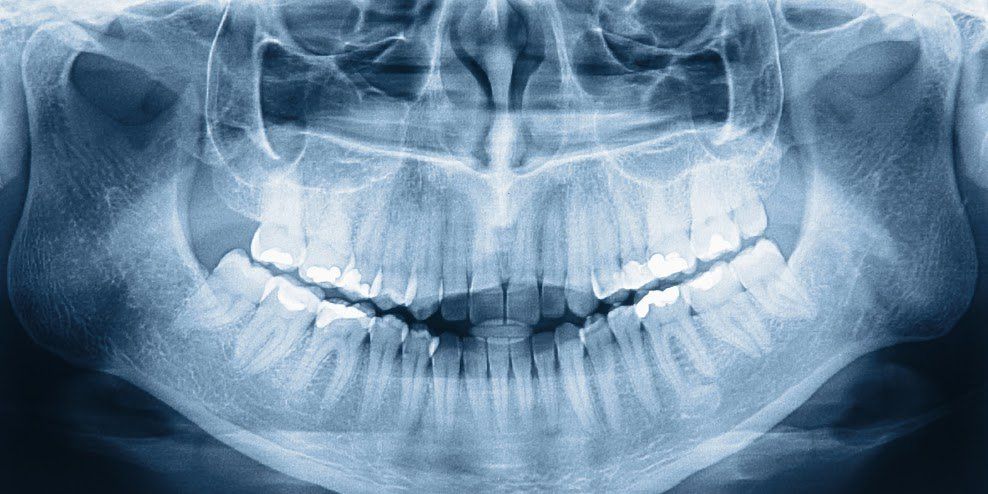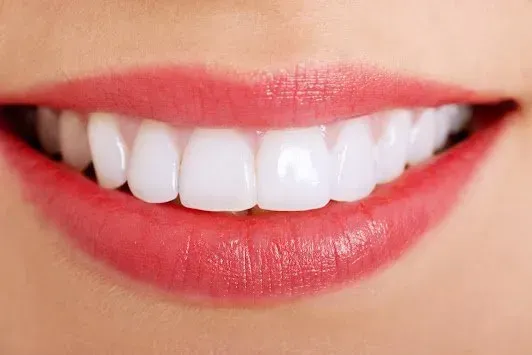7 Benefits of Dental Crowns

Your teeth can erode, crack, weaken, and sustain many damages. One possible solution is to get dental crowns that provide protection. Typically, dentists will inspect your teeth and recommend dental crowns. But before getting dental crowns, understand the following benefits of these fixtures.
1. Crowns Protect Damaged Teeth
Tooth damage typically begins in the enamel and causes the rest of the tooth to erode. The enamel doesn't grow back once it's lost. Similarly, most parts of your teeth can't heal on their own. A dental crown helps to protect the remaining tooth, regardless of the extent of the damage.
2. Crowns Have a Simple Procedure
A common misconception is that dental crowns require complicated and time-consuming procedures. However, dental crowns are a minimally invasive and straightforward process. Typically, your dentist will clean the enamel and remove any damaged tooth material. The dentist will then prepare a crown and send it to a laboratory.
As you await your dental crown, the dentist will give you a temporary crown. The laboratory will then design a crown that fits the damaged teeth and send it to the dentist. The process ends with the dentist fitting the crown on your teeth.
3. Crowns Improve Appearance of Teeth
The primary purpose of dental crowns is to protect damaged teeth, but some people use crowns to achieve cosmetic benefits. If your teeth are discolored or cracked, you can use dental crowns to improve your teeth's appearance. Dental crowns can also make chips and fractures invisible, thus improving your smile.
4. Crowns Can Save a Damaged Tooth
Tooth decay, stress, and trauma can damage your tooth. One possible remedy is to extract the tooth and replace it with dentures and other dental implants. However, you might want to keep your natural tooth in your mouth, even if it's damaged. Crowns can help keep the damaged tooth in the mouth.
5. Crowns Protect Teeth With a History of Decay
Some of your teeth may have shown signs of decay even after undergoing decay treatment. Initially, the dentist might try to use dental fillings to prevent further tooth decay. But at some point, dental crowns are necessary since they cover the entire teeth. This prevents sugar, acidic substances, and bacteria from coming into contact with the vulnerable tooth.
6. Dental Crowns Are Custom-Made
Dentists use the latest equipment to measure your damaged tooth and its surroundings. These measurements then go to a laboratory where state-of-the-art equipment creates crowns of precise size and shape. Once the dentist implants the crown on your teeth, nobody will notice that you have fixtures in your mouth. In addition, the crown's wants affect the surrounding teeth or your gums.
Also, dental crowns don't shift or slide because they attach firmly to the tooth. As a result, you shouldn't worry about the crown slipping out of your mouth when you're talking to people or eating food.
7. Dental Crowns Are Durable
Dental crowns are made from highly resilient materials such as metal alloys on porcelain. The materials can withstand excessive pressure, even when you chew hard foods. As a result, you can expect the crown to last for several years, sometimes even for more than a decade. However, crowns are not indestructible and can eventually wear and tear down.
Choosing high-quality crowns is the first step to increasing the lifespan of your fixtures. Also, practice proper dental hygiene and regularly wash and clean your crowns to increase their lifespan.
The durability and effectiveness of your dental crowns also depend on the qualification and expertise of the dentist who installs them. Desert Dental provides quality and honest dental care in a comfortable and relaxed environment. We use hi-tech equipment and procedures to offer family dentistry and cosmetic services. Contact us for more information.
















